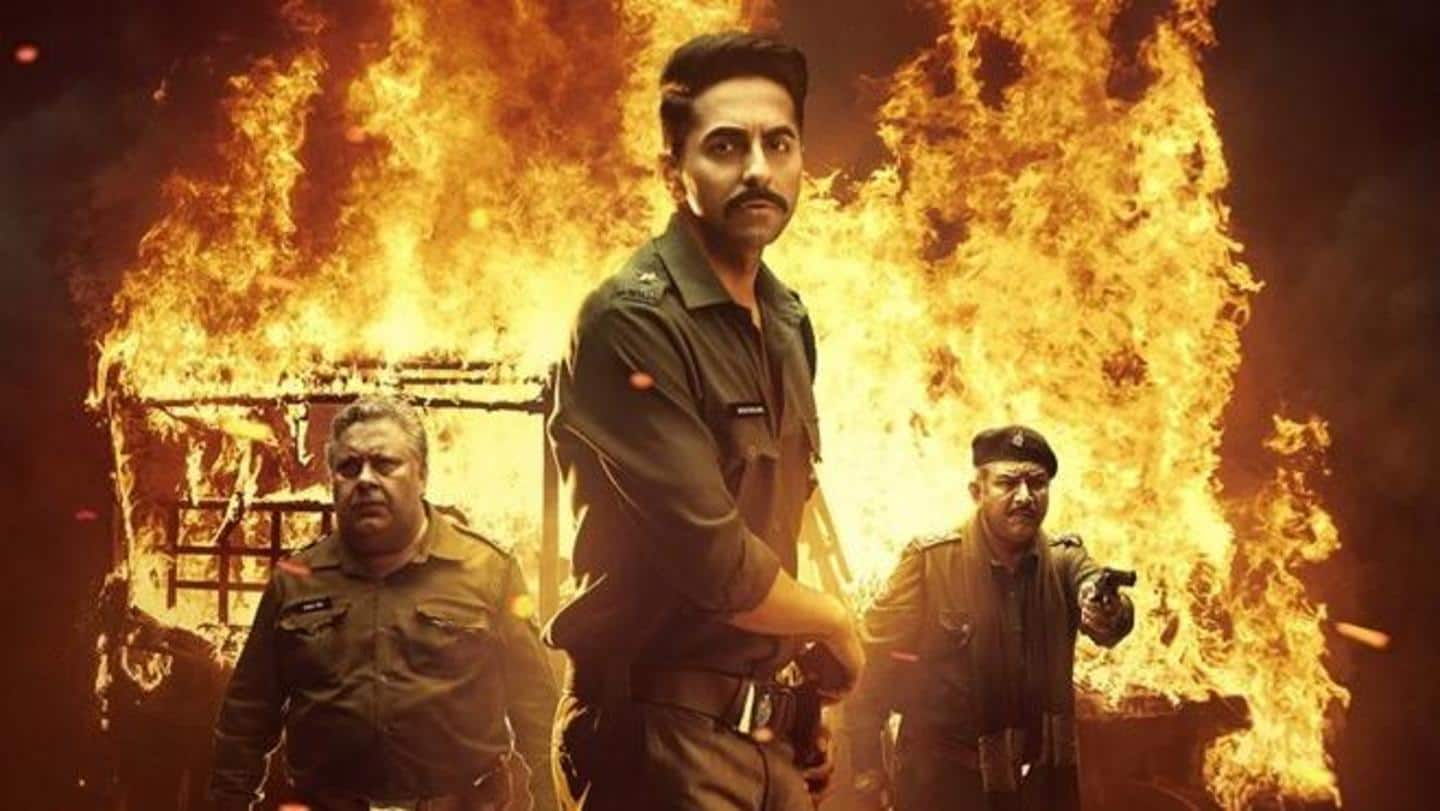
Ayushmann Khurrana-led 'Article 15' turns two: Some interesting, unknown facts
What's the story
Anubhav Sinha's Article 15, starring Ayushmann Khurrana, released today two years ago. In it, Khurrana played an IPS officer, who has to investigate the rape and murder of two Dalit sisters, whose bodies were left to be displayed for the whole village. In a setting bogged down by caste-based discrimination, Khurrana, an urban-educated, caste-blind officer takes it on himself to get the girls justice.
Fact 1
Khurrana was not the first choice for the movie
Khurrana was widely appreciated for his portrayal of ASP Ayan Ranjan, but surprisingly he wasn't the first choice for the role. Sinha once revealed that he had met the Vicky Donor actor for a separate project and happened to mention the plot for Article 15, but he was intrigued and insisted on the collaboration. Ranbir Kapoor was apparently Sinha's original choice for the part.
Fact 2
The movie got nominated for 11 Filmfare Awards; won three
The film received mostly positive reviews from critics and audiences, and was nominated for a whopping 11 Filmfare awards including Best Screenplay, Best Dialogue, Best Story, Best Editing and more. The film managed to bag three awards including Critics Award for Best Film, Critics Award for Best Actor and Best Story. The venture also achieved the feat of wrapping shoot in only 30 days.
Fact 3
Zeeshan Ayyub's role was based on the Bhim Army chief
Mohammed Zeeshan Ayyub's role of Nishad, a Dalit leader fighting against caste-based discrimination and oppression, was reportedly loosely based on the Bhim Army co-founder Chandrashekhar Azad 'Ravan'. Not only that, the character also uses two lines from the last letter of Dalit scholar Rohith Vemula, who died by suicide after reportedly facing discrimination. "Nishad is the hero, Ayan the protagonist," Ayyub had said.
Fact 4
The film was inspired by many real incidents
The rape-case depicted in the movie drew visual and factual inspiration from the brutal Badaun case, where two girls belonging to a backward caste were allegedly raped, murdered and hanged from a tree. It also drew inspiration from the Una flogging case, where members of a Dalit family were assaulted by cow vigilantes for allegedly killing cows.
Information
Some criticized the movie for a skewed depiction of caste
The movie did not impress everyone, as many pointed out that a upper-caste officer was shown as the messiah for Dalit people. Also, it depicted that caste is mostly a rural issue and the urban population is absolved of it, which drew ire too.